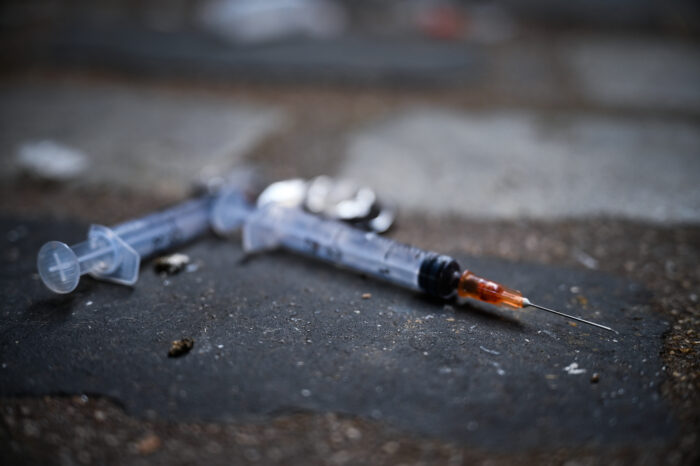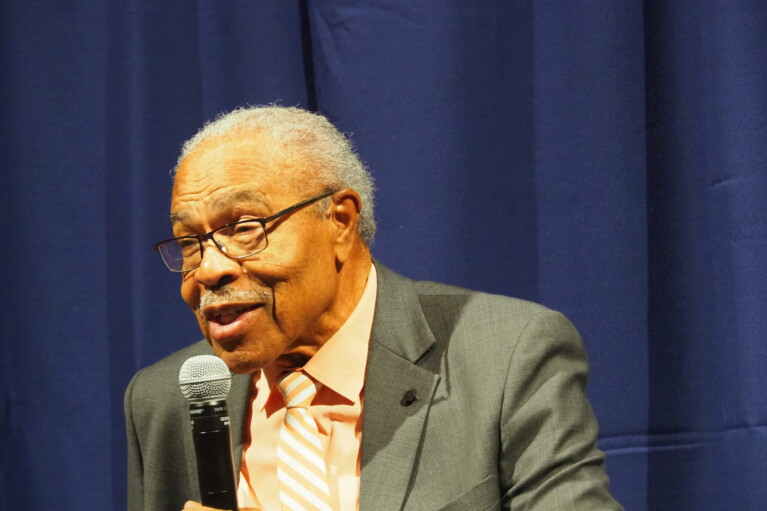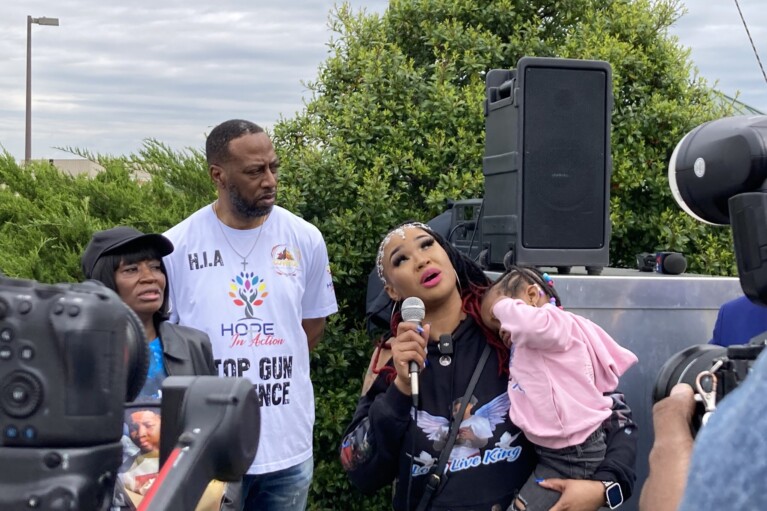
By Thomas C. Higdon
The writer is a person in recovery and co-chair of the Maryland Coalition on Drug Use, Treatment, and Recovery.
As a survivor of substance use disorder, I’ve seen firsthand the devastating consequences of drug use — lives lost, families destroyed, and communities devastated. However, after taking a hard look at the data, it is clear that the harms traditionally associated with drug use (e.g., overdose, crime, poverty) are caused and/or exacerbated by long standing drug prohibition policies.
To put it bluntly, the war on drugs has only made things worse. That’s why I support House Bill 1057 — a legislative proposal being considered by the General Assembly that would create a task force to study drug use in our state and make recommendations for a new path forward.
Drug prohibition — 52 years of failure!
President Nixon announced his “war on drugs” almost 52 years ago and it has not been an inexpensive undertaking. To date, the United States has spent more than $1 trillion on drug interdiction and enforcement. And what did we get for all that money? Since 1980, the number of people incarcerated for drug related offenses in the United States increased 1,161%, to 353,000 in 2023. That’s more than the populations of Allegany, Caroline, Dorchester, Garrett, Kent, Queen Anne’s, Somerset, Talbot, and Worcester counties combined.
However, during that same period, drug use increased 23% and overdose deaths increased 1,141%. In 2023 alone, we lost an estimated 107,000 friends and loved ones to overdose death in our country, including more than 2,500 in Maryland. Clearly, drug prohibition is not working. Given the life-or-death stakes, we need to explore options beyond simply locking people up.
Decriminalization works
In 2001, Portugal led the European Union in both drug use and fatal overdoses. In response, they decriminalized possession of drugs and increased investment in treatment and social services. As a result, the number of people seeking treatment increased and rates of drug use and fatal overdose fell. By 2019, Portugal’s rates of drug use and fatal overdose were among the lowest in the European Union.
In addition, there are numerous other benefits from decriminalization. Fewer lives were destroyed by the collateral consequences of a drug arrest, such as barriers to employment, professional licensing, housing, financial aid, and government benefits. Also, the money saved from reduced criminalization can be reinvested into other services such as voluntary treatment, housing, employment, harm reduction, and peer support.
What about Oregon?
In November 2020, Oregon voters passed Measure 110, making it the first state to decriminalize possession of drugs. At the same time, the state redirected almost $300 million to treatment and recovery support services. While it is still too early to say if Oregon will be as successful as Portugal, early results look promising. For example, in the first three quarters of the year under Measure 110, service providers reported more than 47,000 people seeking substance use treatment — that’s a 134% increase. In addition, the number of people receiving services also increased:
- Employment services went up 365%
- Housing services went up 190%
- Substance use treatment went up 104%
Critics of decriminalization are quick to point out that Oregon’s fatal overdose rate has increased since decriminalization. However, it is important to note that overdoses have increased across the country and Oregon is doing better than many other states. In fact, Oregon’s fatal overdose rate in 2023 was lower than 17 other states — 7% less than Maryland’s, 34% less than Tennessee’s, and 66% less than West Virginia’s.
What’s next for Maryland?
Decriminalization worked in Portugal and is starting to work in Oregon. But that does not mean that Maryland should simply copy those jurisdictions. Carelessly rushing to replace failed prohibition polices could cause more unintended harm. Which is why House Bill 1057 creates a task force to study what has worked in other jurisdictions, while learning from their mistakes. This bill will bring together representatives from law enforcement, public health, treatment providers, people with lived experience, and more to explore options beyond simply locking people up.
The war on drugs has failed. Ironically, the very policies intended to reduce drug use have only made things worse. Clearly, we cannot arrest our way out of this problem. It is time that Maryland does more to recognize that substance use disorder is a health issue that requires public health solutions.
For these reasons, I urge every Marylander to contact their representatives in the General Assembly and urge them to pass House Bill 1057. We must change course before more of our loved ones die from failed drug war policies.
The hearing on the bill has been scheduled for 1 p.m. Tuesday in the House Judiciary Committee.




 Creative Commons Attribution
Creative Commons Attribution